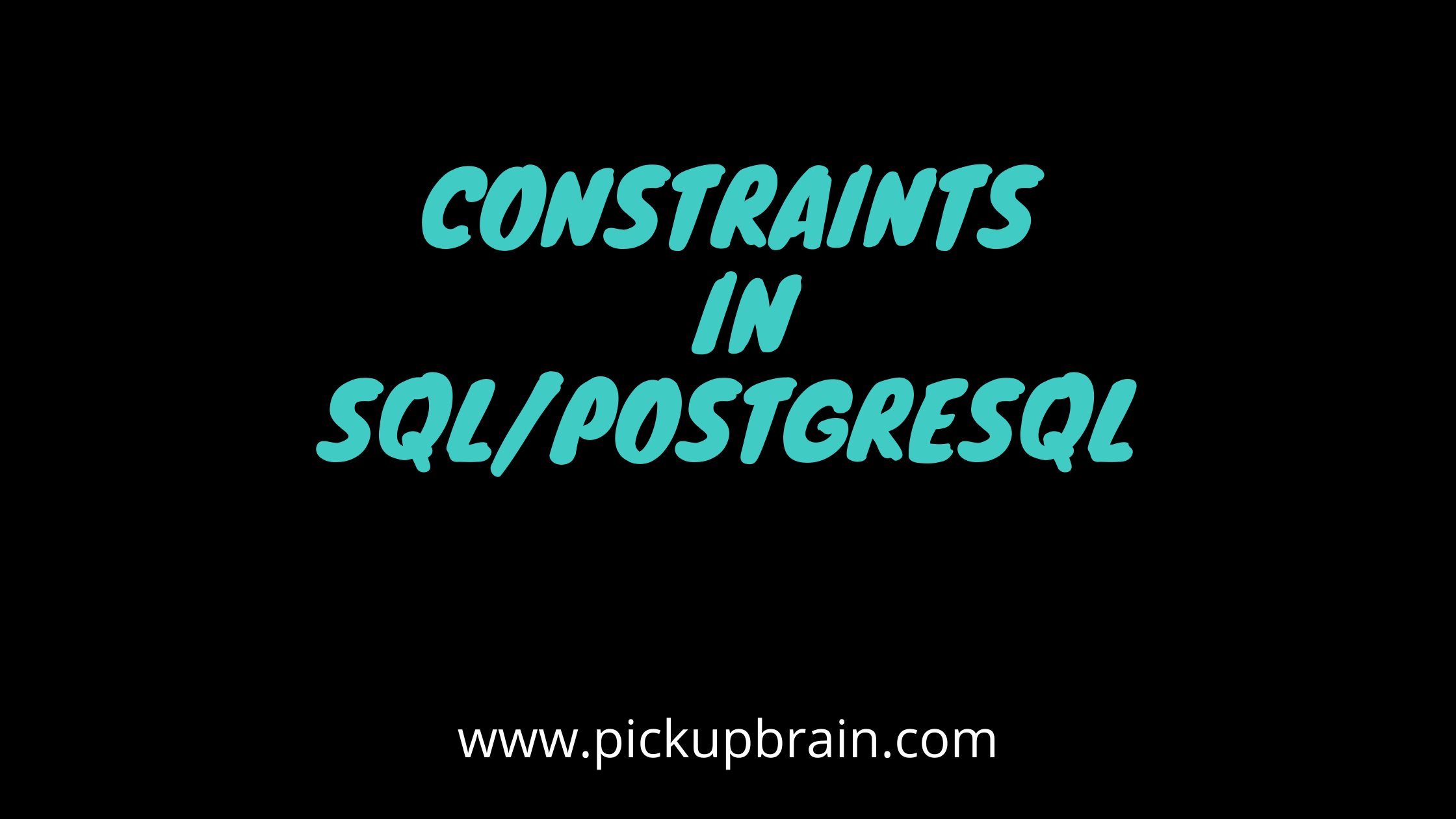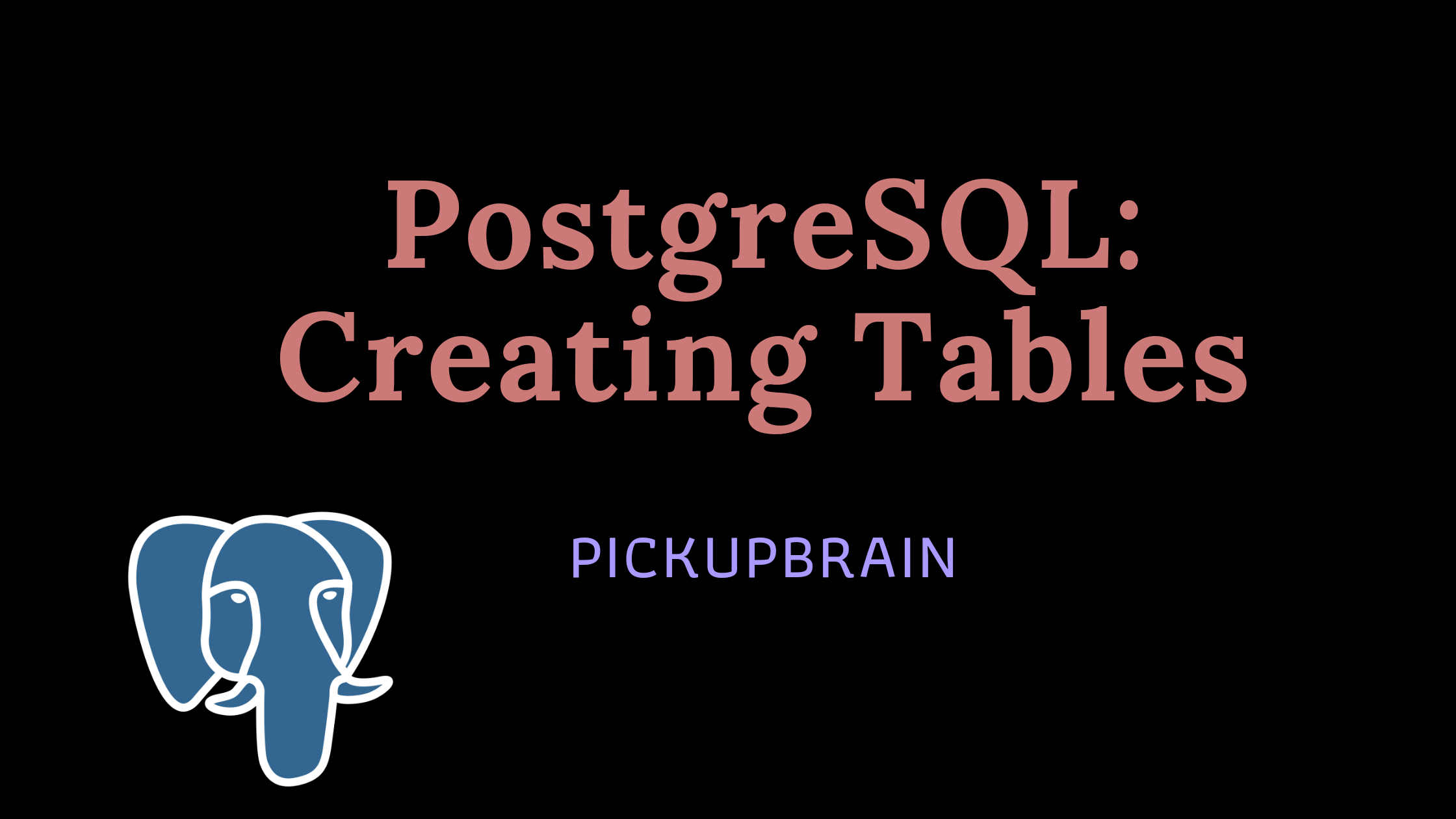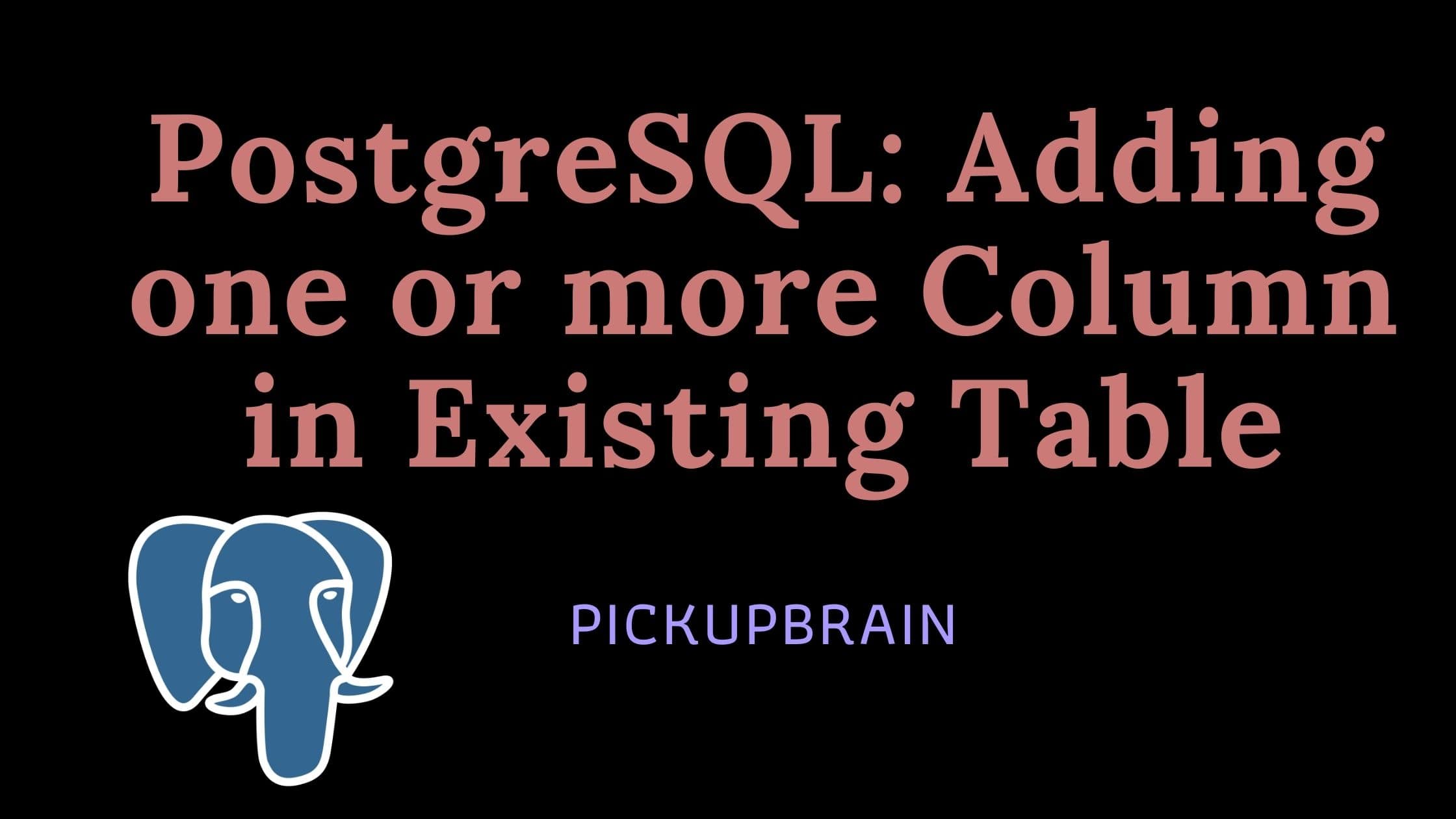Constraints in SQL or PostgreSQL is like ‘gate keepers’ which controls the type of data that can go into a table. Constraints are the rules that enforced on the data columns of a table. This ensures the accuracy and reliability of the data in the database. It maintains the integrity of data in the table. Levels of Constraints in SQL Constraints could be on a column level or a table… Read More »Constraints in SQL/PostgreSQL
PostgreSQL
PostgreSQL also known as Postgres, is a free, powerful and open-source relational database management system which has earned a strong reputation for reliability, feature robustness, and performance. It is designed to handle a range of workloads from single machines to data warehouses or Web services with many concurrent users. It emphasizes on extensibility and SQL compliance.
Distinct in SQL removes all duplicate rows and maintains only one row for a group of duplicate rows. While working with huge data there may be a situation when you have multiple duplicate records in a table. While fetching such records, you want to fetch only unique/distinct records instead of fetching duplicate records. For such type of cases, DISTINCT is an keyword in SQL/PostgreSQL. It allows to show unique and distinct values.… Read More »Distinct Keyword in SQL/PostgreSQL
Distinct Keyword in SQL/PostgreSQL
The CREATE TABLE statement is used to creating a table in the provided schema. If a schema name is given, then the table will be create in the specified schema. Otherwise it will create in the current schema. The tables cannot have the same name as any existing data type in the same schema because CREATE TABLE statement automatically creates a data type that represents the composite type corresponding to one… Read More »Creating Tables in PostgreSQL
Creating Tables in PostgreSQL
For inserting a new field in an existing table, use the ALTER statement. The ALTER TABLE statement is used to add, delete, or modify columns in an existing table. To add a new column to an existing table, use the ADD COLUMN statement. Syntax Specify the name of the table that you want to add a new column to after the ALTER TABLE keyword and then specify the name of the new column with its data type and… Read More »Adding one or more Column in Existing Table in PostgreSQL
Adding one or more Column in Existing Table in PostgreSQL
PostgreSQL is one of the popular object-relational database management system (ORDBMS). It was developed at the Computer Science Department at the University of California. PostgreSQL is easy to set up and install. It offers support for SQL and NoSQL. It has a great community which happy to serve you when you are facing issues while using PostgreSQL. Data Science has evolved, and while many data scientists still work with CSV files… Read More »PostgreSQL : DBMS of the Year




